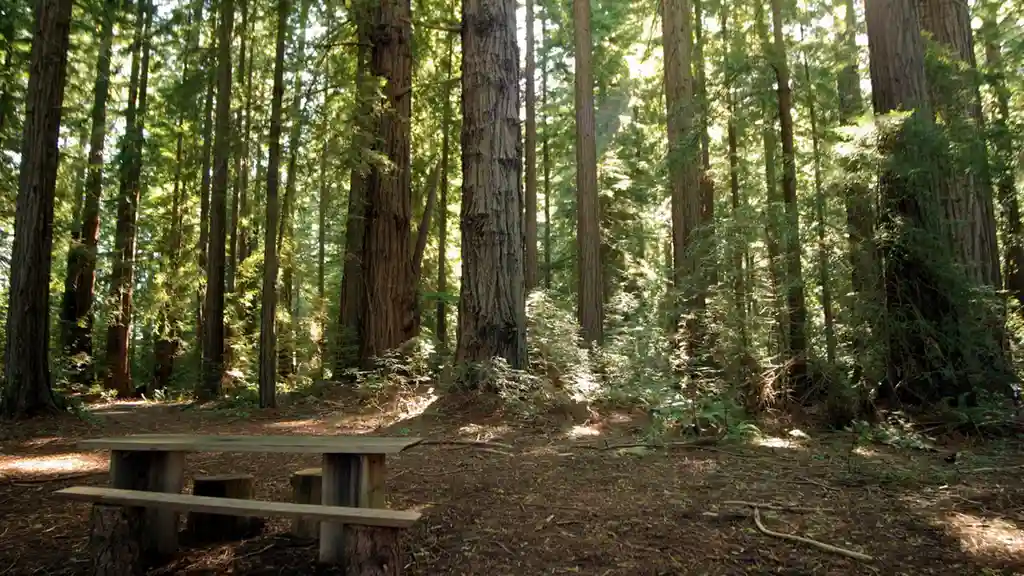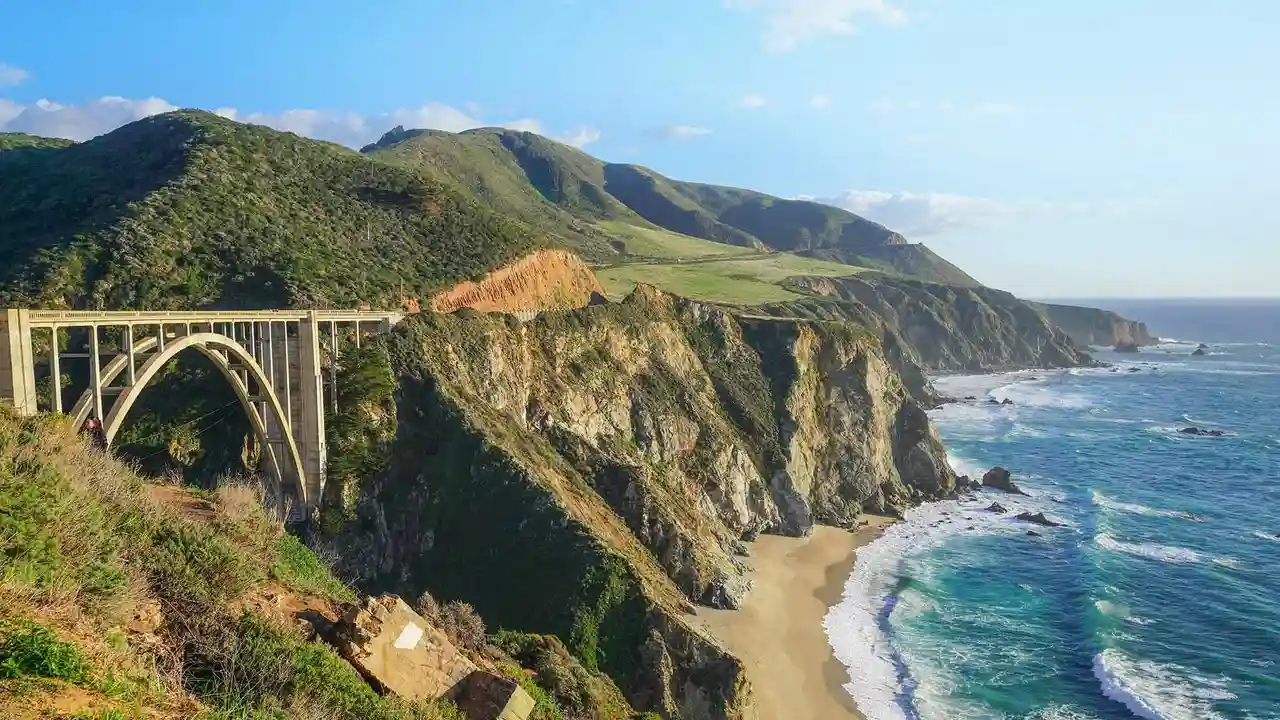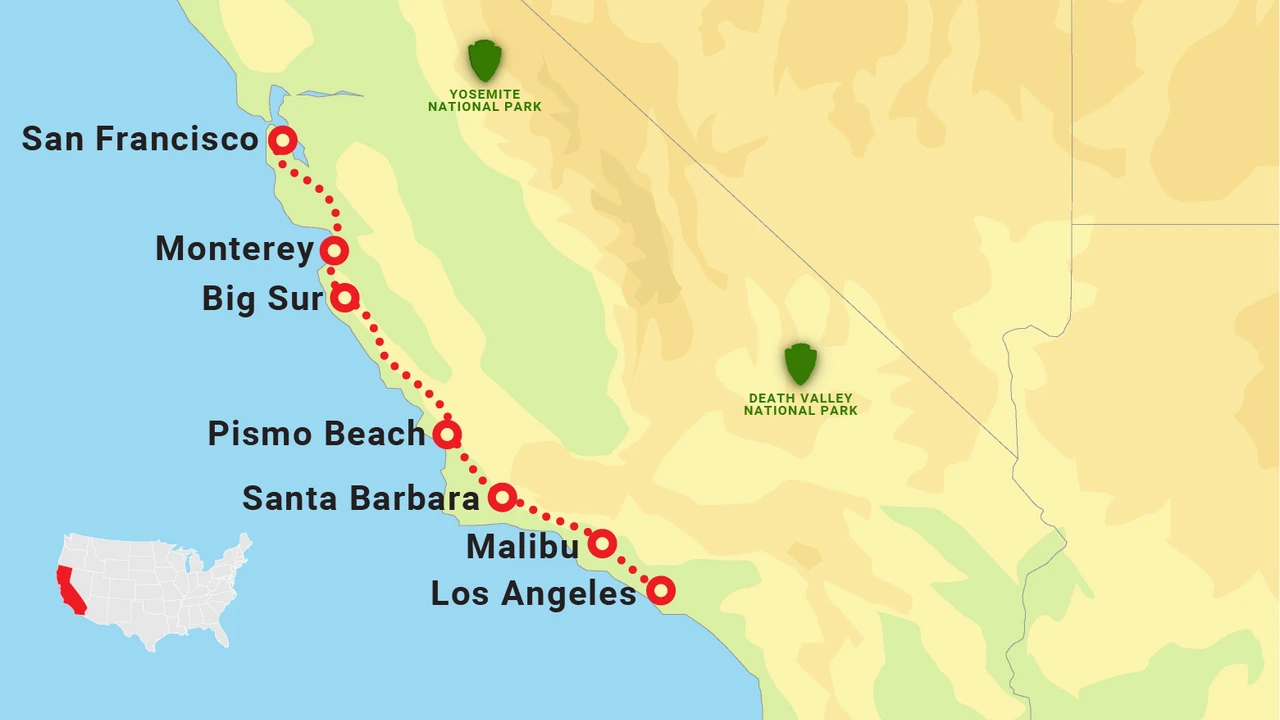3 Day Road Trip Itinerary Template

Planning a road trip can be exciting but also overwhelming. This comprehensive guide provides an ultimate road trip packing list, product recommendations, and tips to ensure a smooth and enjoyable adventure.
Road Trip Essentials Your Pre Departure Checklist
Before you even think about hitting the road, let's cover the absolute essentials. This isn't just about packing clothes; it's about ensuring your safety, comfort, and preparedness for anything the road throws your way.
Vehicle Maintenance and Safety Inspection Crucial Steps Before You Go
First and foremost, your vehicle needs to be in tip-top shape. A breakdown miles from civilization is nobody's idea of a good time. Take your car for a thorough inspection by a trusted mechanic. This should include:
- Oil change: Fresh oil is crucial for engine health.
- Tire check: Inspect for wear and tear, and ensure proper inflation. Consider tire rotation if needed.
- Brake inspection: Brakes are paramount for safety. Get them checked and replaced if necessary.
- Fluid levels: Check and top off all fluids – coolant, brake fluid, power steering fluid, and windshield washer fluid.
- Battery test: A weak battery can leave you stranded. Get it tested and replace it if needed.
- Lights: Ensure all lights are working – headlights, taillights, brake lights, and turn signals.
Beyond the inspection, make sure you have the following in your car:
- Spare tire: Inflated and in good condition.
- Jack and lug wrench: Know how to change a tire!
- Jumper cables: For jump-starting your car if the battery dies.
- First-aid kit: A must-have for any road trip.
- Emergency kit: Including flares, a flashlight, a blanket, and some basic tools.
Navigation Tools and Apps Staying on Course During Your Journey
While spontaneity is part of the road trip experience, getting lost isn't. Invest in reliable navigation tools. While your phone's GPS is handy, it's not always reliable, especially in remote areas. Consider these options:
- GPS device: A dedicated GPS device can be more reliable than your phone, especially in areas with poor cell service. Garmin and TomTom are popular brands.
- Offline maps: Download offline maps on your phone using apps like Google Maps or Maps.me. This allows you to navigate even without an internet connection.
- Paper maps: Yes, old-fashioned paper maps! They're a great backup and can be helpful for planning routes and spotting points of interest.
Don't forget to download helpful apps for finding gas stations, restaurants, and accommodation along your route. GasBuddy, Yelp, and Booking.com are good options.
Essential Documents and Identification Ensuring a Smooth and Legal Trip
This might seem obvious, but it's crucial to have all your essential documents in order:
- Driver's license: Make sure it's valid and not expired.
- Vehicle registration: Proof of ownership is essential.
- Insurance card: Keep it readily accessible.
- Passport (if traveling internationally): Ensure it's valid and has enough blank pages.
Consider making copies of these documents and storing them separately from the originals. You can also take photos of them and store them on your phone or in the cloud.
Comfort and Convenience Items Optimizing Your Road Trip Experience
Now let's move on to the items that will make your road trip more comfortable and enjoyable. These are the things that will help you stay relaxed, entertained, and refreshed on the road.
Comfortable Seating and Support Optimizing Your Driving Posture
Long hours behind the wheel can take a toll on your body. Invest in items that will improve your seating comfort and support:
- Seat cushion: A comfortable seat cushion can provide extra support and reduce back pain. Consider a memory foam or gel cushion.
- Lumbar support pillow: A lumbar support pillow can help maintain proper posture and reduce lower back strain.
- Steering wheel cover: A comfortable steering wheel cover can improve your grip and reduce hand fatigue.
Remember to take regular breaks to stretch and move around. Get out of the car and walk around every couple of hours to prevent stiffness and fatigue.
Entertainment and Technology Staying Connected and Engaged
Boredom is the enemy of a good road trip. Pack plenty of entertainment options to keep yourself and your passengers occupied:
- Audiobooks and podcasts: Download audiobooks and podcasts to listen to during your drive. Audible and Spotify are great platforms.
- Music: Create playlists of your favorite music. Consider downloading offline music to avoid using data.
- Portable charger: Keep your devices charged with a portable charger. Anker and Mophie are reliable brands.
- Phone mount: A phone mount allows you to safely use your phone for navigation and entertainment.
- Tablet or iPad: For watching movies, playing games, or reading ebooks.
Consider bringing games or activities for your passengers, especially if you're traveling with children. Travel-sized board games, card games, and coloring books are great options.
Food and Drink Essentials Staying Hydrated and Nourished
Avoid relying solely on fast food and gas station snacks. Pack your own food and drinks to save money and eat healthier:
- Water bottles: Stay hydrated by bringing plenty of water. A reusable water bottle is environmentally friendly.
- Snacks: Pack healthy snacks like fruits, vegetables, nuts, and granola bars.
- Cooler: A cooler will keep your food and drinks cold. Consider an electric cooler for longer trips.
- Travel mug: For coffee, tea, or other hot beverages.
Plan your meals and snacks in advance to avoid impulse purchases. Pack a picnic lunch to enjoy at a scenic rest stop.
Clothing and Personal Care Items Packing Smart for Varied Conditions
Packing the right clothing and personal care items is essential for comfort and hygiene on the road. Consider the climate and activities you'll be engaging in during your trip.
Weather Appropriate Clothing Layers for Varying Temperatures
Pack clothing that can be layered to accommodate changing temperatures. This is especially important if you're traveling through different climates.
- Base layers: Moisture-wicking base layers will keep you warm and dry.
- Insulating layers: Fleece jackets or sweaters provide warmth.
- Outer layers: A waterproof and windproof jacket will protect you from the elements.
- Comfortable pants: Jeans, leggings, or hiking pants.
- T-shirts: Pack a variety of short-sleeved and long-sleeved t-shirts.
Don't forget to pack comfortable shoes for driving and walking. Sneakers, hiking boots, or sandals are good options. Bring a hat and sunglasses to protect yourself from the sun.
Personal Hygiene and Toiletries Maintaining Cleanliness on the Go
Maintain good hygiene by packing essential toiletries:
- Toothbrush and toothpaste: For oral hygiene.
- Shampoo and conditioner: Travel-sized bottles are convenient.
- Soap or body wash: For showering.
- Deodorant: To stay fresh.
- Sunscreen: Protect your skin from the sun.
- Insect repellent: Protect yourself from mosquitoes and other insects.
- Hand sanitizer: For cleaning your hands when soap and water aren't available.
- Wet wipes: For quick cleanups.
- Toilet paper: A must-have for roadside emergencies.
Consider bringing a small first-aid kit with pain relievers, bandages, and antiseptic wipes.
Safety and Security Measures Protecting Yourself and Your Belongings
Road trips can present safety and security challenges. Take precautions to protect yourself and your belongings.
Vehicle Security and Theft Prevention Protecting Your Car from Break ins
Protect your car from theft by taking these precautions:
- Park in well-lit areas: Avoid parking in dark or secluded areas.
- Lock your doors: Always lock your doors, even if you're only stepping away for a moment.
- Hide valuables: Don't leave valuables in plain sight. Store them in the trunk or under the seats.
- Install an alarm system: A car alarm can deter thieves.
- Use a steering wheel lock: A steering wheel lock can make it more difficult to steal your car.
Be aware of your surroundings and trust your instincts. If something feels wrong, leave the area.
Personal Safety and Awareness Staying Alert and Avoiding Risky Situations
Protect yourself from personal harm by taking these precautions:
- Travel with a companion: Traveling with a friend or family member can make you feel safer.
- Share your itinerary: Let someone know your route and schedule.
- Avoid hitchhikers: Don't pick up hitchhikers.
- Be cautious when talking to strangers: Don't share personal information with strangers.
- Carry a personal safety device: A whistle or pepper spray can help you defend yourself.
Be aware of your surroundings and avoid risky situations. Don't walk alone at night in unfamiliar areas.
Emergency Preparedness and Communication Staying Connected in Critical Situations
Prepare for emergencies by having a plan and the necessary equipment:
- Emergency contact information: Keep a list of emergency contact numbers in your wallet or phone.
- Cell phone: Keep your cell phone charged and readily accessible.
- Emergency charger: A portable charger can be a lifesaver if your phone battery dies.
- Whistle: A whistle can be used to signal for help.
- Flares: Flares can be used to signal for help in case of a breakdown.
Learn basic first aid and CPR. Consider taking a first-aid course before your trip.
Product Recommendations and Comparisons Optimizing Your Road Trip Gear
Choosing the right gear can make a big difference in your road trip experience. Here are some recommendations and comparisons of popular products:
Portable Power Stations Comparing Jackery and Goal Zero Models
A portable power station can provide electricity for charging devices, running appliances, and powering lights. Jackery and Goal Zero are two leading brands.
- Jackery Explorer 1000: A versatile power station with a 1002Wh capacity. It features multiple AC outlets, USB ports, and a DC car port. It can power laptops, phones, cameras, and even small appliances like a coffee maker or a mini-fridge. Price: Around $1000.
- Goal Zero Yeti 1500X: A more powerful power station with a 1516Wh capacity. It features multiple AC outlets, USB ports, and a DC car port. It can power larger appliances like a refrigerator or a power tool. Price: Around $2000.
Comparison: The Jackery Explorer 1000 is a more affordable option for basic power needs. The Goal Zero Yeti 1500X is a more powerful option for those who need to power larger appliances or devices.
Use Cases: Powering camping equipment, charging electronic devices, providing backup power during power outages.
Car Roof Cargo Carriers Thule vs Yakima Options for Extra Storage
A car roof cargo carrier can provide extra storage space for luggage, camping gear, or other bulky items. Thule and Yakima are two leading brands.
- Thule Motion XT XL: A spacious cargo carrier with a 18 cubic foot capacity. It features a dual-side opening for easy access and a secure locking system. Price: Around $800.
- Yakima SkyBox 16 Carbonite: A stylish cargo carrier with a 16 cubic foot capacity. It features a aerodynamic design for reduced wind noise and drag. Price: Around $700.
Comparison: The Thule Motion XT XL is slightly larger and offers a dual-side opening. The Yakima SkyBox 16 Carbonite is more aerodynamic and stylish.
Use Cases: Storing luggage, camping gear, skis, or snowboards.
Dash Cams BlackVue vs Thinkware Models for Enhanced Safety
A dash cam can record video footage of your driving, providing evidence in case of an accident. BlackVue and Thinkware are two leading brands.
- BlackVue DR900X-2CH: A high-end dash cam with 4K UHD recording and a wide 162-degree viewing angle. It features built-in GPS and Wi-Fi. Price: Around $500.
- Thinkware Q800PRO: A premium dash cam with 2K QHD recording and a wide 140-degree viewing angle. It features built-in GPS and Wi-Fi, as well as advanced driver assistance systems (ADAS). Price: Around $400.
Comparison: The BlackVue DR900X-2CH offers higher resolution recording. The Thinkware Q800PRO offers advanced driver assistance systems.
Use Cases: Recording accidents, providing evidence in case of traffic violations, deterring theft or vandalism.
Tips for a Successful Road Trip Maximizing Enjoyment and Minimizing Stress
Planning and preparation are key to a successful road trip. Here are some tips to help you maximize enjoyment and minimize stress:
Route Planning and Flexibility Adapting to Unforeseen Circumstances
Plan your route in advance, but be flexible and willing to adapt to unforeseen circumstances. Road construction, traffic delays, or unexpected detours can throw off your schedule.
- Use a navigation app: Use a navigation app like Google Maps or Waze to plan your route and avoid traffic.
- Check road conditions: Check road conditions before you leave and during your trip.
- Be prepared for delays: Pack snacks, drinks, and entertainment to keep yourself occupied during delays.
- Have a backup plan: Have a backup plan in case your original route is not possible.
Don't be afraid to deviate from your plan if you see something interesting along the way. Spontaneity can be a great part of the road trip experience.
Budgeting and Cost Saving Strategies Minimizing Expenses on the Road
Road trips can be expensive, but there are ways to save money. Plan your budget in advance and stick to it as much as possible.
- Pack your own food and drinks: Avoid eating out at restaurants and gas stations. Pack your own food and drinks to save money.
- Camp instead of staying in hotels: Camping can be a much cheaper option than staying in hotels.
- Look for free activities: Look for free activities like hiking, visiting parks, or exploring small towns.
- Use gas price apps: Use gas price apps like GasBuddy to find the cheapest gas stations along your route.
Consider using credit cards that offer rewards or cash back on gas and travel expenses.
Driving Safety and Fatigue Management Staying Alert and Avoiding Accidents
Driving safety is paramount on a road trip. Avoid fatigue and stay alert to prevent accidents.
- Get enough sleep: Get enough sleep before your trip and during your trip.
- Take breaks: Take breaks every couple of hours to stretch and move around.
- Avoid driving while tired: If you're feeling tired, pull over and take a nap.
- Don't drink and drive: Never drink and drive.
- Avoid distractions: Avoid distractions like texting or talking on the phone while driving.
Be aware of your surroundings and drive defensively. Don't tailgate or speed.
Embrace the Journey and Enjoy the Ride Making Memories Along the Way
The most important thing is to embrace the journey and enjoy the ride. Road trips are about making memories and experiencing new things.
- Take photos and videos: Capture your memories by taking photos and videos.
- Talk to locals: Talk to locals to learn about the area and get recommendations.
- Try new things: Be open to trying new things, like new foods or activities.
- Relax and have fun: Don't stress about the details. Just relax and have fun.
Road trips are a great way to see the world and create lasting memories. With proper planning and preparation, you can have a safe, enjoyable, and unforgettable adventure.
:max_bytes(150000):strip_icc()/277019-baked-pork-chops-with-cream-of-mushroom-soup-DDMFS-beauty-4x3-BG-7505-5762b731cf30447d9cbbbbbf387beafa.jpg)






